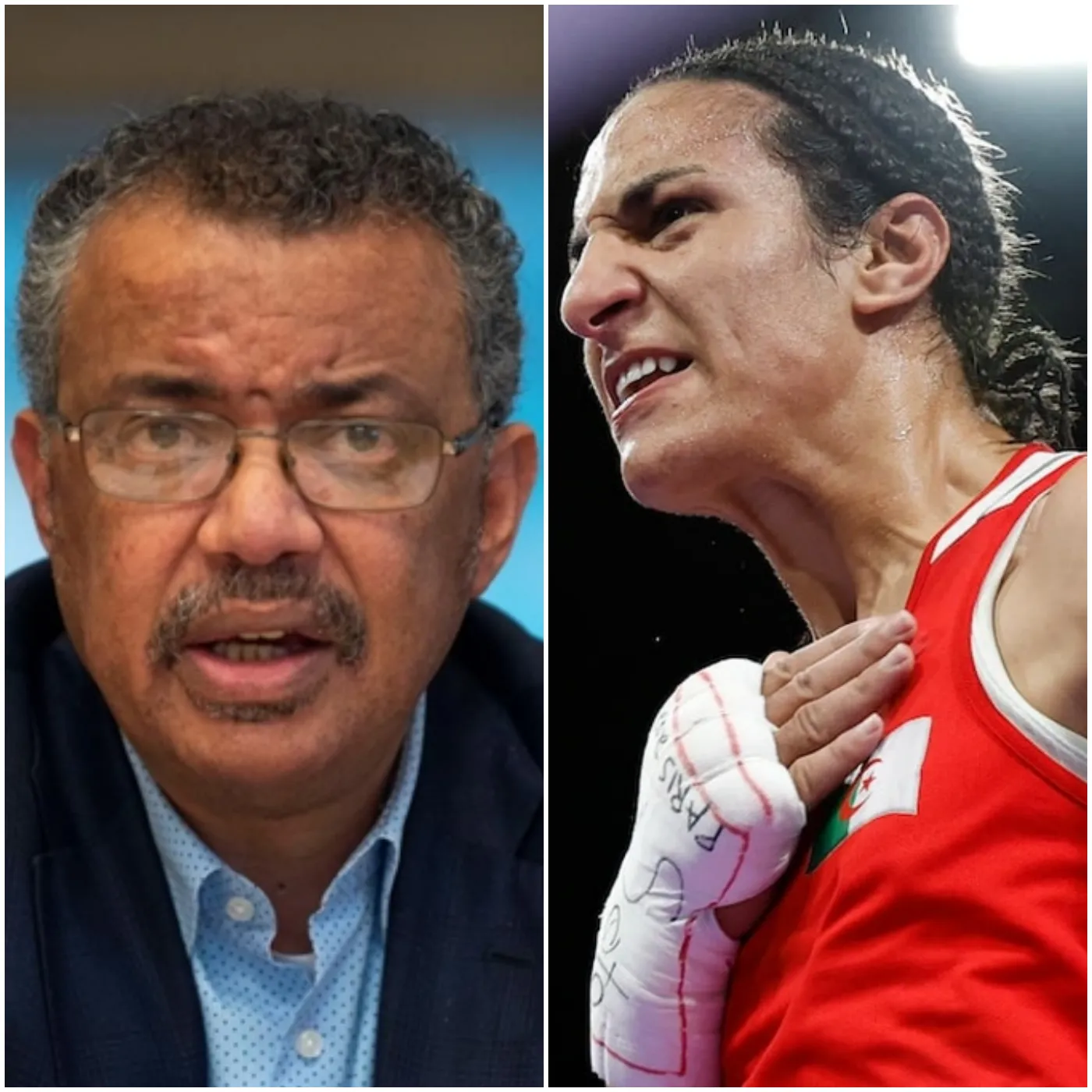In a stunning turn of events, the World Boxing Organization (WBO) has made headlines worldwide by revoking the Olympic gold medal and $25 million prize awarded to boxer Imane Khelif following a scandal over gender testing. The sudden decision has sent shockwaves through the sports community, sparking intense debate on issues surrounding gender verification, fair play, and athletes’ rights. In this article, we’ll dive into the controversy, examining the details of the scandal, the WBO’s decision, and the broader implications for the sports world.

Who is Imane Khelif?
Imane Khelif is a talented boxer who quickly rose to prominence with her incredible skill, dedication, and passion for the sport. Known for her agility and technical prowess, she captivated fans around the world, making her one of the most celebrated athletes in boxing. Her journey to the top included winning numerous regional and international titles, culminating in an Olympic gold medal—a crowning achievement in her career.
However, her triumph came to an abrupt end as the WBO announced that Khelif would be stripped of her Olympic gold medal and her $25 million prize. This decision was based on findings from gender testing procedures, sparking a media frenzy and intense public scrutiny.
The Gender Testing Controversy
Gender testing in sports is a contentious and complex issue. Initiated to ensure fair play, these tests are designed to verify the gender of athletes competing in gender-specific categories. However, the process has been criticized for being invasive, discriminatory, and often inaccurate. Many athletes have found themselves in emotionally and professionally damaging situations due to the implications of these tests.
In Khelif’s case, the WBO cited results from gender testing as the primary reason for revoking her achievements. While specific details of the test results were not disclosed, the WBO stated that they acted according to protocol. The organization’s stance is that gender testing is essential for maintaining fairness, especially in high-stakes events such as the Olympics.
Reactions to the WBO’s Decision
The WBO’s decision has sparked a wide array of reactions across social media, with fans, fellow athletes, and experts weighing in on the issue. Many supporters of Khelif have expressed disbelief and anger, arguing that the decision is unjust and undermines her accomplishments. For these fans, Khelif’s hard work and dedication are what matter, and the focus on gender testing detracts from her success and skill.
Conversely, others believe that the WBO acted appropriately to uphold the integrity of the sport. According to them, gender testing, though controversial, is necessary for ensuring a level playing field in competitions. They argue that without these regulations, the fairness of sports might be compromised, especially in events where physical differences can impact performance.
The Broader Implications for the Sports World
The case of Imane Khelif brings to light a much larger issue within sports: the challenges of regulating gender categories in an increasingly complex social landscape. As gender identities and expressions evolve, the traditional binary system of categorizing athletes is under pressure to adapt. Many advocates argue that the current system is outdated and fails to accommodate the complexities of modern gender identity.
This controversy could prompt sports organizations worldwide to re-evaluate their stance on gender testing. Some suggest that instead of strict gender verification, sports should focus on creating an inclusive environment where all athletes can compete. Others believe a more sophisticated approach is needed, such as hormone-based assessments that would allow for fair competition without infringing on privacy and dignity.
The Impact on Khelif’s Career and Legacy
For Imane Khelif, the WBO’s decision is more than just a professional setback—it’s a significant blow to her career and public image. Stripping her of her gold medal and prize money not only affects her reputation but may also impact her future opportunities in the sport. This incident could lead to challenges in securing sponsorships, endorsements, and further professional recognition.
However, Khelif’s supporters remain optimistic about her resilience and ability to overcome this ordeal. Many believe that she can continue to make strides in her sport despite this setback, and her fans are rallying behind her, demanding transparency from the WBO and a fair review of the case.
Conclusion: A Wake-Up Call for Change
The Imane Khelif scandal highlights the need for the sports world to address the complexities surrounding gender testing. This incident serves as a reminder of the human cost of rigid policies that may not fully respect athletes’ identities and privacy. As the sports community debates the future of gender testing, Khelif’s case will likely stand as a landmark moment in the conversation.
In the meantime, fans and supporters continue to voice their concerns, hoping that Khelif receives the justice she deserves. The WBO and other sporting bodies now face the challenge of balancing fairness with inclusivity, transparency, and empathy—a task that will shape the future of sports for generations to come.
Leave a Reply